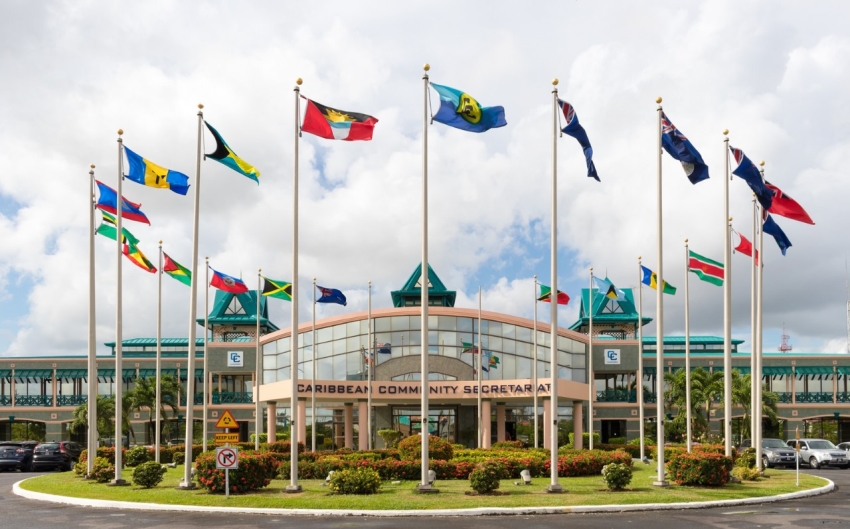No place on earth is as vulnerable as the Caribbean’s archipelago. If its leaders do not set local politics aside, they will soon be governing pieces of driftwood caught by Atlantic currents.
Less than 48 hours after a meager storm was named, it evolved into the region’s first Category 4 hurricane since 2005. In less than 1 hour, Carriacou was flattened and bold development plans slipped from Caribbean leaders’ grasp.
According to the IMF, roughly two-thirds of the 511 disasters to hit small countries since 1950 have occurred in the Caribbean.
Scientists say that without immediate action, the Caribbean could eventually become nearly uninhabitable.
Financing is the region’s major hurdle, as the developed world imposes unfair and discriminatory bureaucratic finance regulations on SIDS. Many climate-resilient project recommendations are being proposed by the developed world but without the money, the region cannot act - especially at a time when action should be swift.
Now more than ever, CARICOM must develop a strategy for deeper integration among member states to gain access to climate financing.
Given the current risk, all financing should be climate financing and every project should be climate-focused.
Stronger regional integration is the only solution to the day’s pressing needs.
Adequate and resilient housing projects, renewable energy generation and food and water security must be the region’s priority areas. As a collective, CARICOM’s institutions should ensure the requisite physical and social development is tailored to meet the demands of the worsening climate.
No more should the construction of mega-resorts and roads be seen as the ultimate markers of development. For decades, West Indians have sat on the knowledge that only unifying against common threats is the only solution to increasing insecurities.
The time to act on that knowledge is now.


